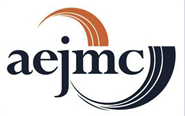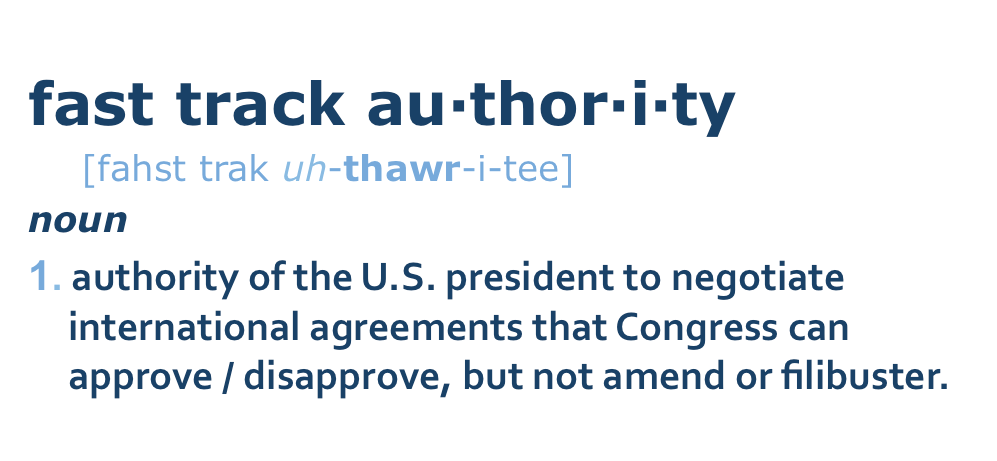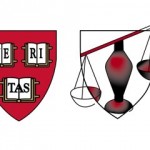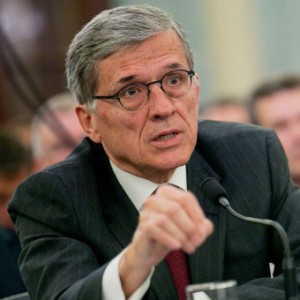 Three Carolina students have had media law research papers accepted by the Law and Policy Division of the Association for Education in Journalism and Mass Communication (AEJMC) for presentation at the group’s annual conference in Montreal in August. Congratulations!
Three Carolina students have had media law research papers accepted by the Law and Policy Division of the Association for Education in Journalism and Mass Communication (AEJMC) for presentation at the group’s annual conference in Montreal in August. Congratulations!
These are the authors, theory paper titles, and their paper abstracts:
Kevin Delaney, a student in the dual-degree program earning a J.D. and a master’s in mass communication, wrote “Rube Goldberg-Like Contrivances and Broadcasting: The Litigation Challenging Aereo.”
Abstract: The broadcast industry has been abuzz over Aereo, a company that streams broadcast content without a license over the Internet to subscribers. The nation’s broadcasters have sought to enjoin Aereo by arguing that Aereo’s service violates their right under the Copyright Act of 1976 to perform works publicly. This paper explores Aereo’s service in the context of the public performance right and offers an argument for how courts should interpret the public performance right.
Kylah Hedding, a Roy H. Park Fellow and Ph.D. student in the UNC School of Journalism and Mass Communication, wrote “Does Access to Environmental Information have a Critical Problem?: Interpretation of FOIA’s Exemption 4 after the Critical Mass III Decision.” This paper won a prize for being the second best student paper in the Law and Policy Division.
Abstract: The Environmental Protection Agency (EPA) is one of the top agencies to invoke Exemption 4 when denying FOIA requests, which exempts from disclosure “trade secrets and commercial or financial information obtained from a person and privileged or confidential.” However, the exemption provides no definitions for these key terms, which has been problematic for federal agencies and forced the federal appeals courts to define them. The first major case to establish an Exemption 4 precedent was National Parks v. Morton decided by the District of Columbia Circuit in 1974. The second major case, which either clarified or overturned this precedent, depending on which legal scholar is writing about it, was Critical Mass v. NRC decided in 1992 by the same federal appeals court. This paper examines how Critical Mass v. NRC has influenced the interpretation of Exemption 4 by the federal appeals courts.
Brooks Fuller, another Roy H. Park Fellow and PhD. student in the J-School, wrote “Evaluating Intent in True Threats Cases: The Importance of Context in Analyzing Threatening Internet Messages.”
Abstract: Following the Supreme Court’s most recent ruling on the true threats doctrine, Virginia v. Black (2003), significant conflict emerged among the federal circuit courts. The primary issue is whether an objective or subjective standard should apply to statutes that criminalize threats. Speakers’ use of social networking websites and Internet forums for the purposes of posting violent and intimidating communications raises significant questions regarding the posture of the true threats doctrine and its application to modern modes of communication. This paper utilizes legal research methods to examine federal courts’ treatment of Internet threats and highlights aspects of Internet speech that are particularly problematic for the doctrine. Ultimately, this paper calls for the Supreme Court to revisit the true threats doctrine in light of significant inconsistency among the circuits regarding the impact of the Internet on recipients of threatening communications.
Papers for this national competition are double-blind reviewed, and student papers compete for acceptance on equal footing with faculty and co-authored papers.
All these paper were written for media law classes in the Journalism School.



 The back-and-forth over regulation of wireless phones continues this week. New FCC Chairman Tom Wheeler
The back-and-forth over regulation of wireless phones continues this week. New FCC Chairman Tom Wheeler